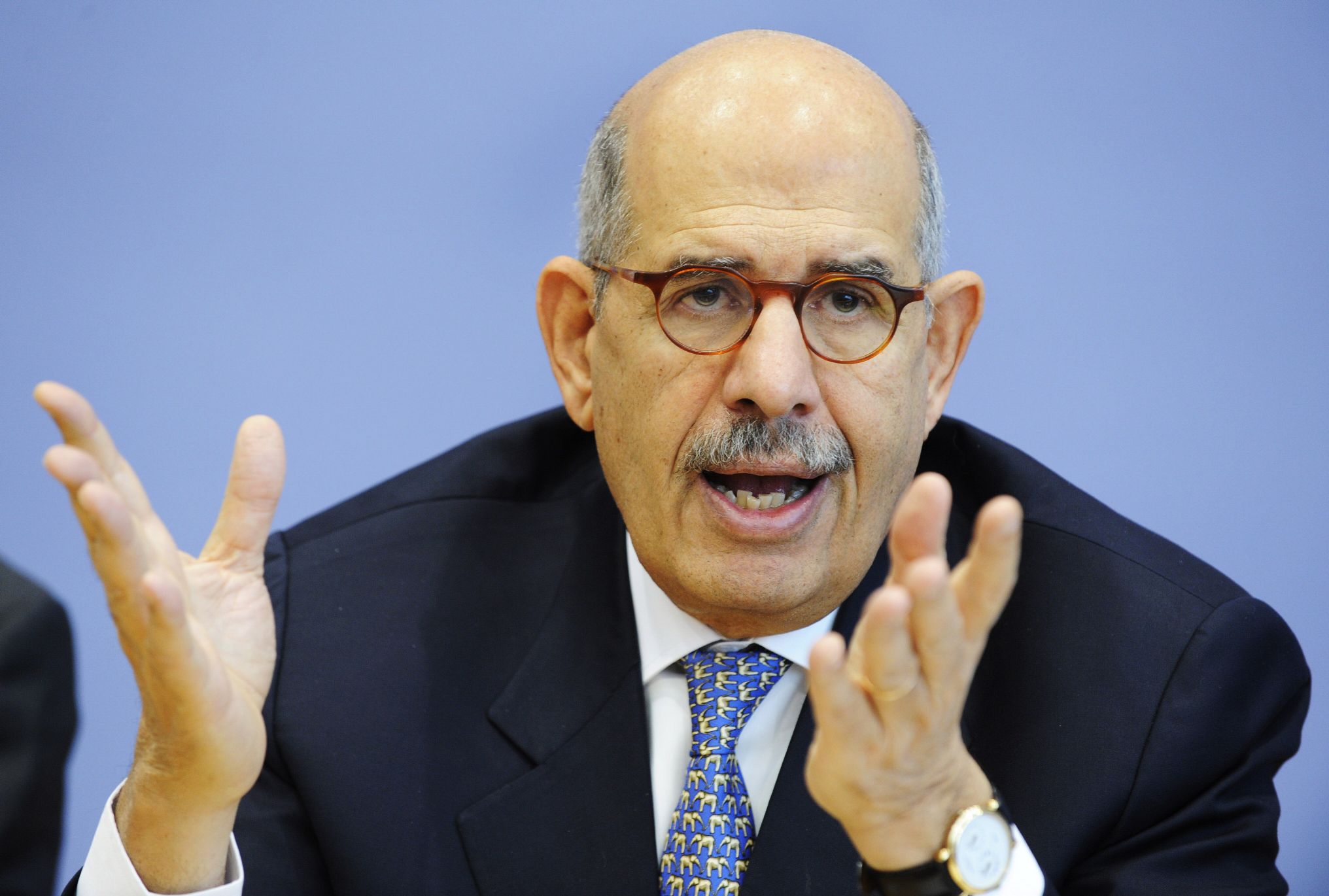
(Photo courtesy of Egypt’s Cabinet)
The government will not suspend its commodities and services subsidies; instead it is working on “redistributing and offering it to those who deserve help,” interim Prime Minister Ibrahim Mehleb said Saturday during an interview on state TV.
Around 80% of the energy subsidies reach the rich, “so it doesn’t benefit the needy,” according to the Ministry of Planning. The redistribution policy is expected to be implemented within three months, he said.
Mehleb also said the government plans to discuss the efficiency of using coal in factories, rather than fuel and natural gas, with the Ministries of Environment and Health.
A number of factories in the cement sector considered using coal as an energy source after the Egyptian Natural Gas Holding Company reduced gas supplies to cement factories due to a shortage in natural gas supply following the ouster of former President Mohamed Morsi, said Mostafa Stephanos, executive vice president of Titan Cement Company.
In an attempt to address the energy issue, Minister of Finance Hany Qadry said on Thursday that reforming energy subsidies is one of the ministry’s priorities and it will prepare plans to resolve it, describing the current energy system as “high and unreasonable”.
The former government, headed by Prime Minister Hazem El-Beblawi, initiated energy subsidy reform. The former prime minister said in November that the government planned to “gradually” cut energy subsidies, which cost the country EGP 128bn, over a period of five to seven years “without affecting low-income citizens”.
In February, El-Beblawi’s government said they would start taking actions towards the energy issue by increasing the public awareness of the negative effect of the current energy system. Public expenditure on energy exceeds total spending on education, health and scientific research, according to El-Araby
Meanwhile, Hossam Arafat, chairman of the division of petroleum products at the Federation of Egyptian Industries, said the government couldn’t change the current energy system “as this would lead to instability in the streets”.




